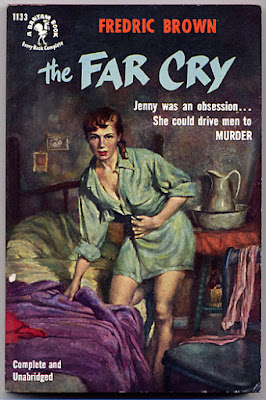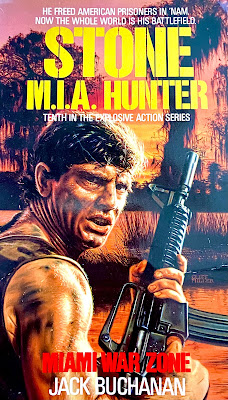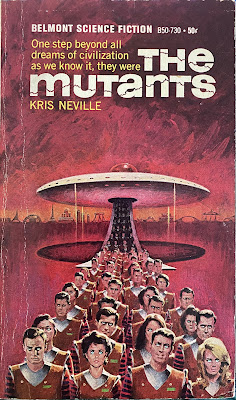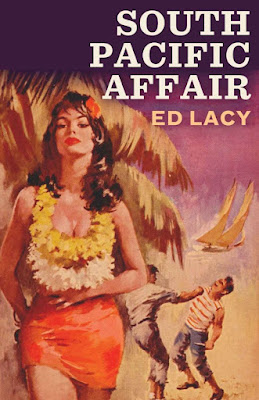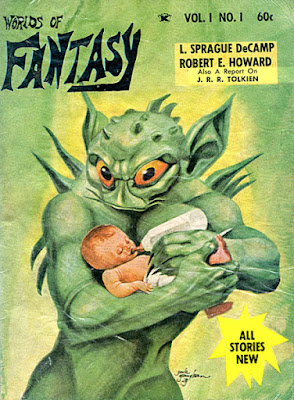Family man and real estate agent George Weaver went a little crazy a few months ago. Recently released from the hospital, Weaver is advised by his doctors to take it easy. He has orders to temporarily disengage from his business to allow himself time to settle back into his normal lifestyle. To do this, Weaver leaves his home in Kansas City and heads to a small New Mexico town called Taos. It's here that he finds a vacation home, a dreary, rural house where he can rest, paint a little, and drink. Weaver gets a great deal on the place because a woman was attacked in the house and stabbed several yards away. The real estate agent can't seem to find a buyer due to the home's nefarious history. So, Weaver agrees to spend the summer there for free in exchange for fixing up the place.
Through a journalist friend, Weaver learns about the woman's murder eight years ago and is offered a little side hustle. Weaver can take photos of the area and his friend can write up a sensational article about the murder for a tabloid. However, Weaver begins to become invested in the mystery. The police could not locate anything regarding the woman's past – where did she come from? Equally puzzling was that the police weren't able to learn much about the house's owner and supposed murderer. Where did he come from? Where did he escape to? Weaver submerges himself into the case and finds himself emotionally connected to the crime in troubling ways.
In reading The Far Cry, I notice that Stephen King possibly borrowed the idea from this novel to create his classic horror bestseller The Shining. There are a number of striking similarities between the two works, notably an alcoholic protagonist writing while taking care of a rural empty dwelling that has a murderous history. If one were to get extremely specific, both books feature a boy who sees the victim and both of these works feature a similar ending. It might be a stretch, but at the very least they are certainly similar. Additionally, King has cited Fredric Brown as an influence.
Brown uses the old crime-noir formula of introducing an amateur sleuth into the investigation. He carefully intertwines this small town murder with a unique character study of Weaver, the dejected suburbanite faced with complacency in a lousy marriage. There are a number of motivations for Weaver to find the answers to the murder, but its murkiness becomes nearly trance-like for the main character. Weaver's alcoholism, mental instability, anonymity in town, and sheer boredom of unemployment all weigh in on the narrative's strong plot building and slow unraveling of every juicy detail of the murder. The mystery is a hypnotic one for Weaver, pushing him into some dark places.
If you enjoy suspenseful, edgy murder mysteries presented in a unique and clever way, then look no farther than The Far Cry. Highly recommended.

